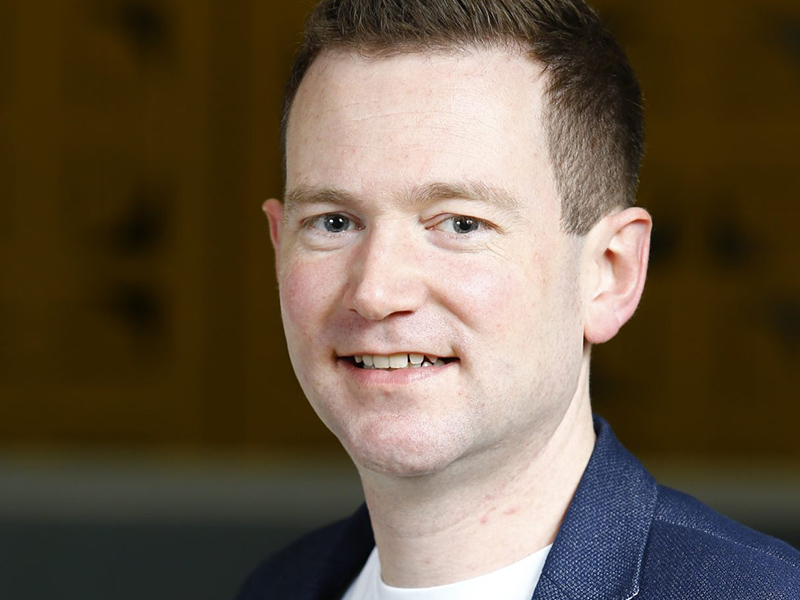David McNeill analyses a major report on the state of digital inclusion in Scotland
We welcome Audit Scotland’s report on Tackling Digital Exclusion, investigating the question: how well are public bodies tackling digital exclusion?
The answer: a mixed bag. An incoherent picture. Room for improvement.
The report shows that while government aims to save money through digital services, the burden of supporting people to use them often falls to local community organisations and charities, without resource or recognition.
Having led work in Scotland to tackle digital exclusion for the past decade, the team at SCVO has seen commitment from government and public bodies rise and fall like a rollercoaster.
We had highs in 2016-2018 when exclusion was central to the digital transformation conversation, with funding directed to community groups to mitigate the impact. We had pre-pandemic lows when it felt like most people thought the problem was solved because of the ubiquity of smartphones.
Lockdown in March 2020 rocketed the issue up the agenda again, as there was an immediate realisation that when everything went online, a small but significant minority were left behind. The Scottish Government responded quickly, investing over £50 million in Connecting Scotland.
More than 1,000 partner organisations across the public and voluntary sectors put devices and connectivity into the hands of the most vulnerable people and provided support to use the internet confidently and safely.
Since then, the level of commitment has waned. The Scottish Government promise in the 2021 Programme for Government to spend £200m to get 300,000 households online by 2026 has been broken.
I think it’s understandable, given the impact of the cost of living crisis, that spending priorities change, but this change means we’re missing opportunities to improve people’s lives and make savings in the long-term. It disappoints me greatly that momentum and interest has been lost and so many organisations have forgotten the lessons learned in 2020.
In 2020 we couldn’t have predicted what was coming and how digital would become an essential lifeline. We responded as quickly as we could. In 2024 we have the benefit of foresight. We may not be staring down another pandemic, but digitisation of essential services will have the same result. Our readiness for this challenge will be judged more severely if we do not take action now.
We’ve long argued that digital inclusion must be embedded – both in work to tackle poverty and inequality, and as a core consideration of any digital public service.
This is where leadership becomes just as important as resources. The Audit Scotland report finds weak national leadership and the absence of a clear action plan. But it’s not solely government’s responsibility. We believe everyone has a role to play in increasing digital inclusion.
There are some brilliant examples of leadership out there, from the work of Simon Community building digital skills to end homelessness; Renfrewshire’s digital strategy, placing inclusion at its heart and co-ordinating cross-sector action; and Digital Lifelines, reducing the risk of harm and improving health outcomes for people who use drugs. There are lots of committed people taking action because it’s the right thing to do, even when resources are limited and there are competing priorities.
Last year we launched our digital inclusion roadmap. It defines where we’re at, where we need to go and the high level actions to take to significantly reduce digital exclusion in Scotland.
That was just a starting point. Recently refreshed and launched last week was Scotland’s Digital Inclusion Charter. A way to support, guide and recognise the work organisations do to help people online. We want organisations from across the public, private and voluntary sectors to join us on the journey.
Having worked on digital inclusion for almost a decade, I’ve seen the life changing impact that it can have. I would urge as many people as possible to step up and take on a leadership role in their organisation on this issue. I would encourage you to think back to 2020 and what it would have been like to live without the ability to access the internet. Think about how you would cope today without a device, data or the confidence to get online. Then seriously consider what steps you can take with the people you work with and through the services you provide to tackle digital exclusion.
Help make a difference to people’s lives by signing the charter and committing to action.
David McNeill is strategic director of development at The Scottish Council for Voluntary Organisations (SCVO).







